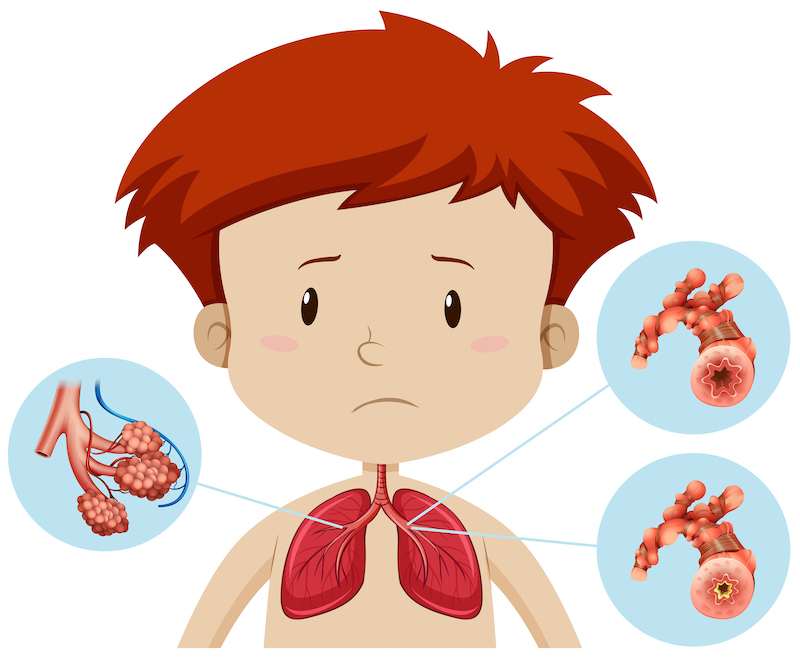Introduction:
As a pediatrician with 18 years of experience, I understand the importance of vaccinations in safeguarding the health and well-being of toddlers.
Vaccinations play a vital role in preventing and controlling infectious diseases, protecting both individual children and the community at large.
In this article, I will provide valuable insights into the recommended vaccinations for toddlers, ensuring you stay informed and can make informed decisions about your child’s immunization schedule.
Let’s delve into the essential vaccines that are crucial for your toddler’s age.
DTaP Vaccine:
The DTaP vaccine protects against diphtheria, tetanus, and pertussis (whooping cough).
It is typically administered in a series of five doses, starting at 2 months of age and continuing until 4-6 years.
This vaccine helps protect your child from serious respiratory infections and life-threatening complications.
MMR Vaccine:
The MMR vaccine provides immunity against measles, mumps, and rubella.
It is usually given in two doses, with the first dose administered around 12-15 months of age and the second dose between 4-6 years.
Measles, mumps, and rubella are highly contagious diseases that can lead to severe complications, including pneumonia, encephalitis, and birth defects during pregnancy.
Varicella (Chickenpox) Vaccine:
The varicella vaccine protects against the varicella-zoster virus, which causes chickenpox.
It is typically given in two doses, the first between 12-15 months and the second between 4-6 years.
Vaccination not only prevents the discomfort of chickenpox but also reduces the risk of complications, such as bacterial infections and shingles later in life.
Hepatitis A Vaccine:
The hepatitis A vaccine protects against the hepatitis A virus, which can cause liver infection.
It is usually given as a two-dose series, with the first dose administered between 12-23 months and the second dose six months later.
Hepatitis A is primarily transmitted through contaminated food or water, and vaccination is crucial to prevent this highly contagious viral infection.
Influenza (Flu) Vaccine:
The influenza vaccine is recommended annually for all children aged six months and older.
It helps protect against different strains of the flu virus, which can cause severe respiratory illness and complications in young children.
The flu vaccine is typically given in the fall, before the flu season begins.
Pneumococcal Conjugate Vaccine (PCV):
The PCV vaccine provides protection against pneumococcal infections, including pneumonia, meningitis, and bloodstream infections.
It is usually given in a series of four doses, starting at 2 months of age and continuing until 12-15 months.
This vaccine helps safeguard your toddler’s health by preventing severe bacterial infections.
Conclusion:
Ensuring that your toddler receives the recommended vaccinations is crucial for their overall health and well-being.
By following the immunization schedule and consulting with your pediatrician, you can protect your child from potentially life-threatening infectious diseases.
Remember,vaccines are a safe and effective way to prevent illness and contribute to the health of the community as a whole. Stay informed, ask questions, and trust the expertise of your pediatrician to provide the best care for your toddler’s immunization needs.
![]()











